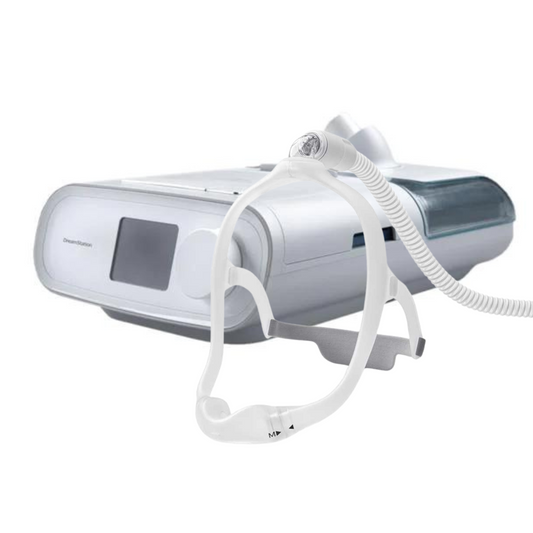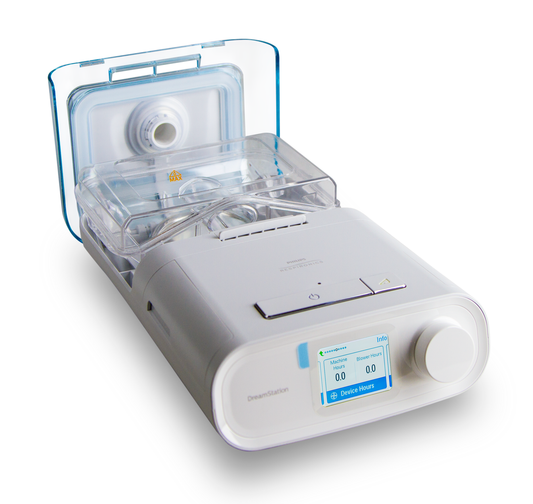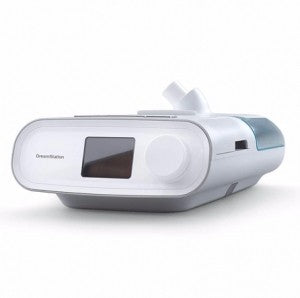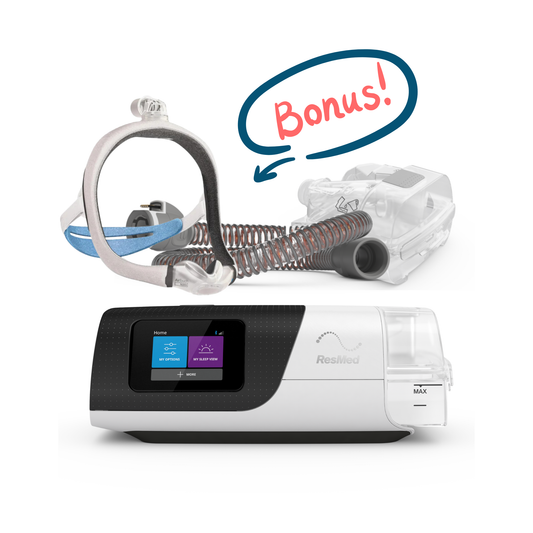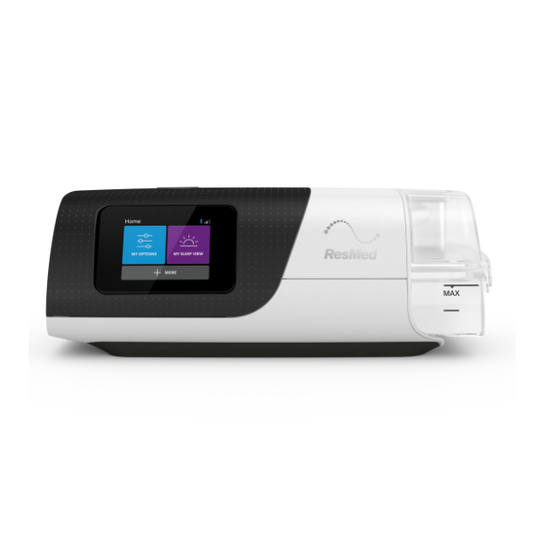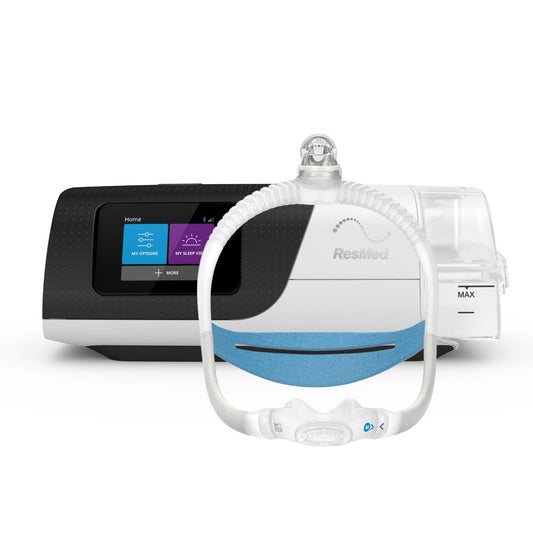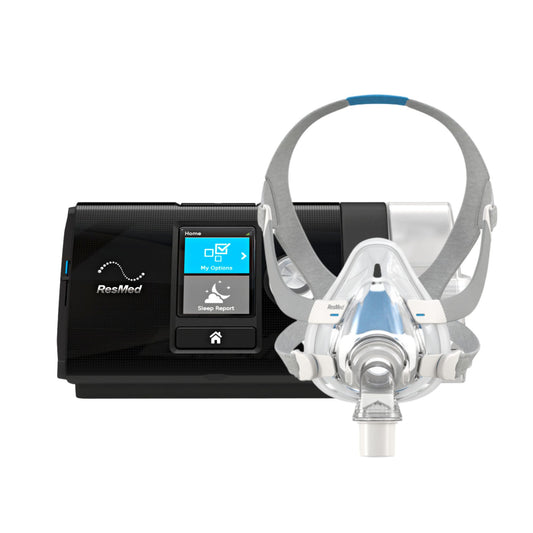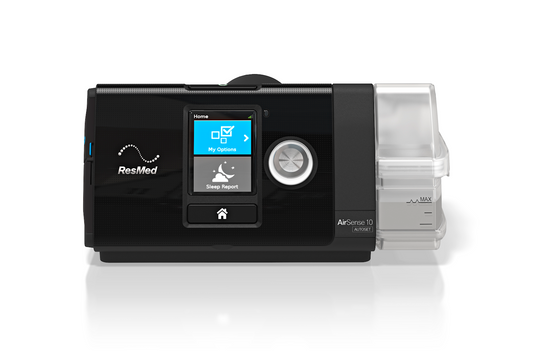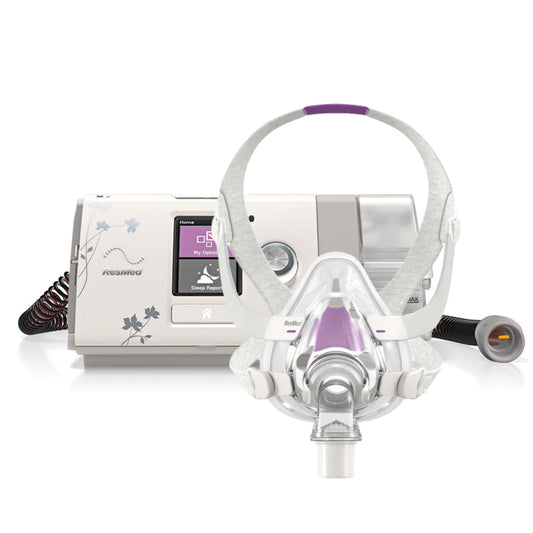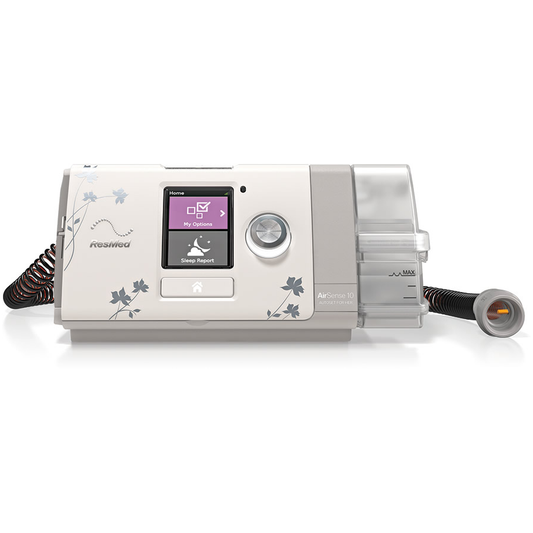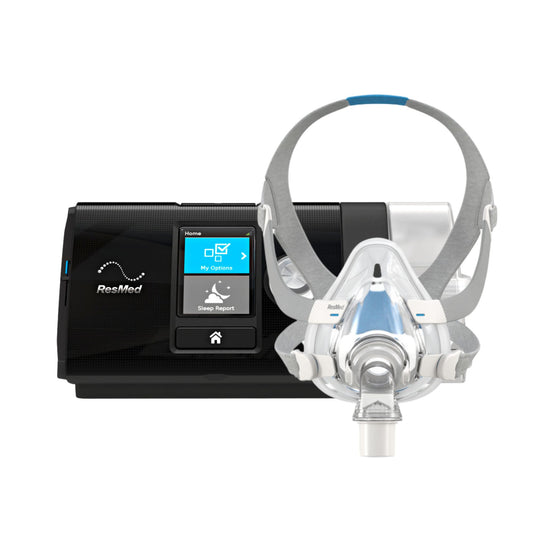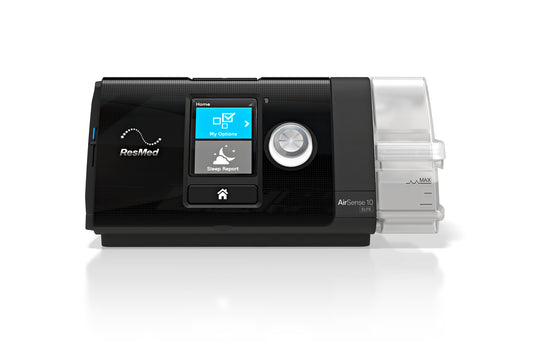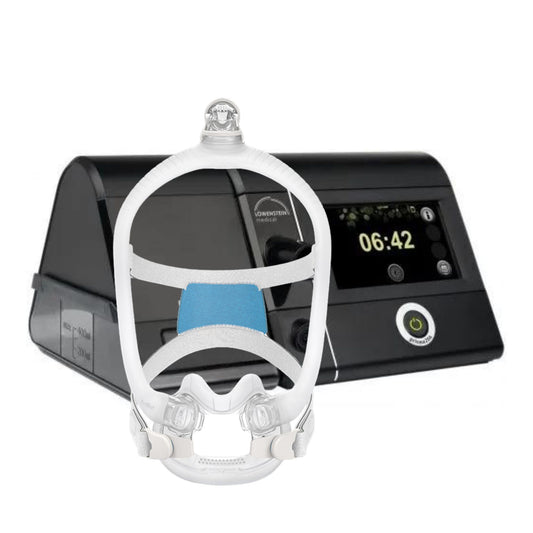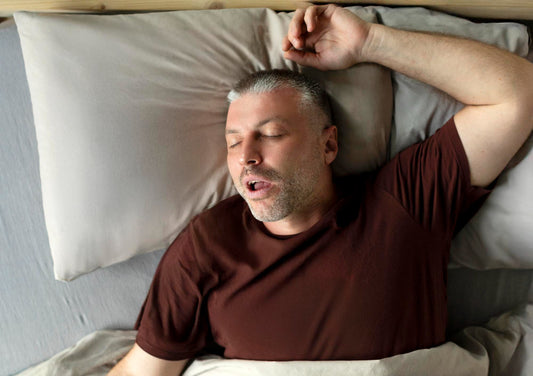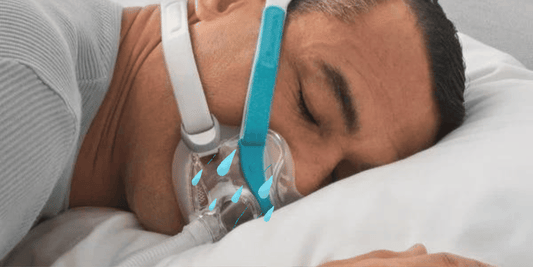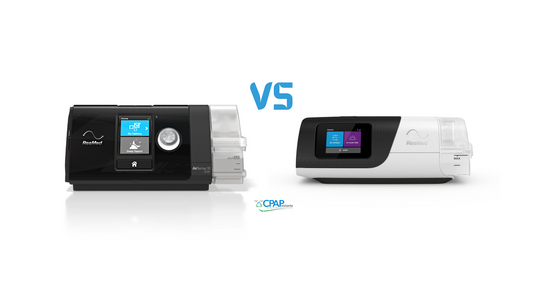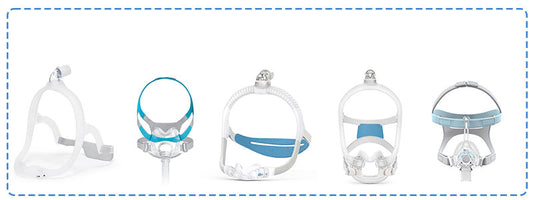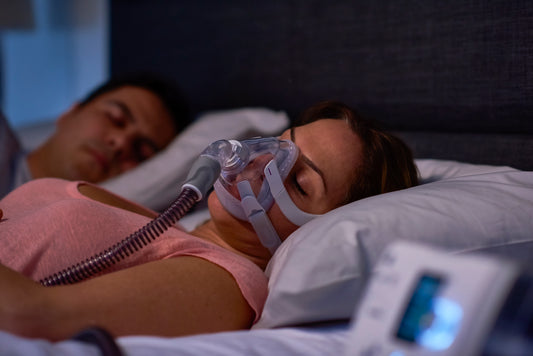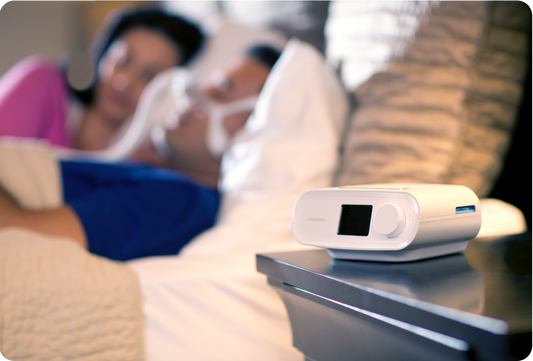Obstructive sleep apnoea (OSA) is a common sleep disorder that interrupts breathing during sleep. A recent study about obstructive sleep apnoea and its link to dementia was recently published in the European Respiratory Journal.
The study indicated that changes in the brain during sleep apnoea episodes are directly linked to changes in the structure of the brain seen in elderly people with signs of early dementia. Scientists at the University of Sydney’s Brain and Mind Centre said that new findings indicate that oxygen deprivation during sleep could be tied to alterations in the brain’s temporal lobes and compromised ability to absorb new information.
The lead researcher, Sharon Naismith, said that the results of the study pointed out that oxygen desaturation during sleep is a probable contributing factor in changes in the brain and memory of elderly people with sleep apnoea. Statistics indicate that about 75% of Australians over the age of 65 are affected by obstructive sleep apnoea. Treatment of the sleep disorder could help prevent the occurrence of dementia in the said age bracket. One of the recommendations of the study is that elderly people should be screened for obstructive sleep apnoea.

OSA and Dementia
There are over 50 million people across the globe who have been diagnosed with dementia. Dementia causes the afflicted to suffer a decline in their ability to remember, think, converse, and do everyday things to live independently. OSA has been linked to heart disease, stroke, high blood pressure, diabetes, cancer and now, dementia. Up to 70% of dementia cases are due to the onset of Alzheimer’s. A 2017 study indicated that the build of toxic protein in the brain relating to Alzheimer’s is directly linked to raised amyloid beta due to obstructive sleep apnoea.
OSA and Alterations to Brain Structures
The study spearheaded by Professor Sharon Naismith involved 83 individuals with ages ranging from 51 to 88. All the subjects have consulted with their doctors regarding mood and memory problems. Not one of them has been diagnosed with OSA.
All the subjects went through depression symptoms screening, tests for memory ability, MRI and OSA assessment that included polysomnography. The polysomnography test allowed the researchers to see changes in blood oxygen, brain activity, heart rate, and breathing, while the MRI scans allowed the researchers to measure the various parts of the subject’s brain.
The tests established that low levels of blood oxygen during sleep are directly linked to decreased thickness of the brain’s left and right temporal lobes, which are the brain structures that are fundamental for memory and are identified to change in dementia. The same tests showed that the changes were closely connected with diminished verbal encoding for retaining new information.
OSA and CPAP
Dementia cannot be treated, but depression, obesity, high blood pressure, smoking and even OSA are modifiable factors.
Obstructive sleep apnoea can be treated with continuous positive airway pressure (CPAP). The research team has embarked on further studies to investigate the role of CPAP therapy in improving brain connections and put off cognitive decline in people with mild cognitive impairment which may or may not lead to dementia.
Find a clinic or call us now for a consultation at 1300 750 006.
